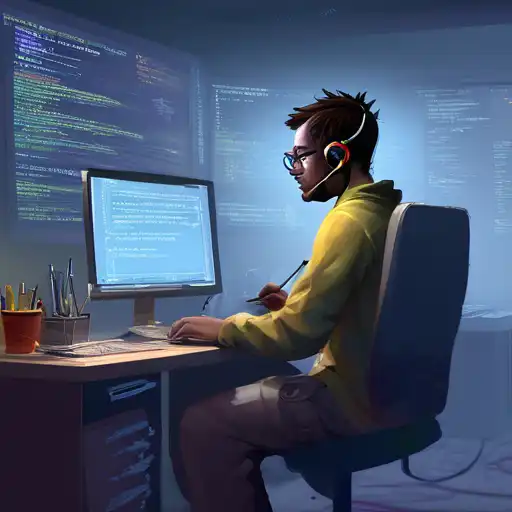Introduction to Debugging
Debugging is an essential skill for any programmer, especially for those just starting out. It involves identifying and resolving errors or bugs in your code that prevent it from running correctly. This article will provide you with essential debugging strategies to help you become more efficient and confident in your coding journey.
Understand the Error Messages
One of the first steps in debugging is to understand the error messages your development environment throws at you. These messages are designed to help you pinpoint where the problem lies. Take the time to read them carefully and research any terms or codes you don't understand.
Use a Systematic Approach
Approaching debugging systematically can save you a lot of time. Start by isolating the problem. Break down your code into smaller sections and test each one individually. This method, often referred to as 'divide and conquer,' can help you identify the exact location of the bug.
Leverage Debugging Tools
Most integrated development environments (IDEs) come with built-in debugging tools. These tools allow you to step through your code line by line, inspect variables, and see the flow of execution. Familiarizing yourself with these tools can significantly enhance your debugging efficiency.
Practice Rubber Duck Debugging
Rubber duck debugging is a technique where you explain your code, line by line, to an inanimate object (like a rubber duck). This process forces you to slow down and think through your code logically, often leading you to discover the bug on your own.
Write Test Cases
Writing test cases for your code can help you catch bugs early. By defining what your code should do in various scenarios, you can quickly identify when it doesn't behave as expected. Consider exploring unit testing as a way to automate this process.
Take Breaks
Debugging can be frustrating, especially when you're stuck on a particularly tricky bug. Taking short breaks can help clear your mind and often leads to a fresh perspective when you return to the problem.
Seek Help When Needed
There's a vast community of developers out there who have likely faced similar issues. Don't hesitate to seek help from forums, colleagues, or mentors. Sometimes, a second pair of eyes can spot something you've missed.
Conclusion
Debugging is a skill that improves with practice. By applying these strategies, you'll not only become more proficient at fixing bugs but also at writing cleaner, more efficient code from the start. Remember, every programmer, no matter how experienced, encounters bugs. The key is to approach them methodically and not get discouraged.
